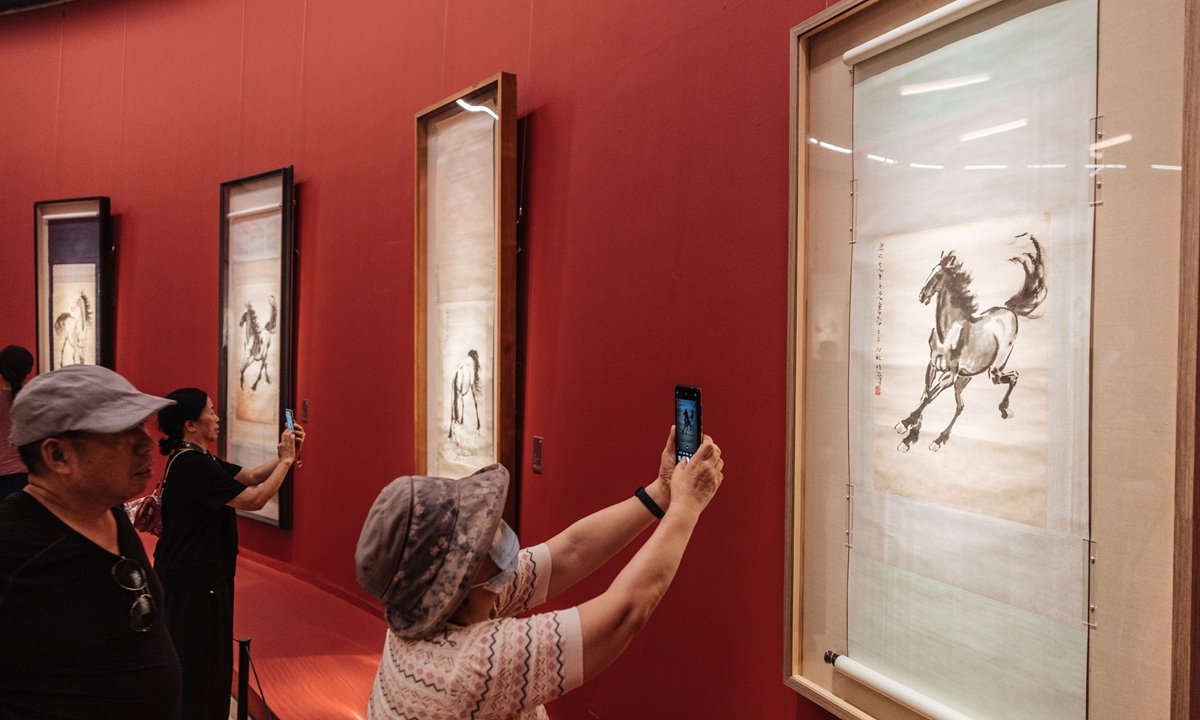The National Cultural Heritage Administration of China recently issued an instruction with specific regulations for non-museum tour guides, aiming to enhance the quality of tour guide services and eliminate misinformation. Cultural sociologist Chu Xin commented that the new regulations are a necessary step towards improving public cultural education.
The instruction also outlines that museums should develop mechanisms for training, assessing, and certifying “societal-level” museum guides. Yao Yu, a cultural creative industry expert, explained that societal-level museum guides could include amateur history enthusiasts, social media streamers, and tour guides. Yao highlighted that while there is a gap in knowledge among visitors and a shortage of tour guide services in some museums, societal-level individuals have the opportunity to run their own cultural businesses. However, it is challenging to ensure the quality of third-party services, which can often be misleading.
A recent incident at the National Natural History Museum of China in Beijing, which was widely discussed online, involved a guide providing incorrect information about dinosaurs to a group of primary school students. The guide was later identified as the team leader of a privately run educational group organizing events for children during the summer holiday. Yao noted that such incidents are common and often target specific consumer groups like children and foreign visitors, emphasizing the need for museums to address these misleading incidents.
The guidance stipulates that museums and their administrative departments should closely monitor the content provided by private guides and conduct inspections to identify wrongful acts, such as distorting historical facts or making jokes about history. Severe mistakes will result in the guide being placed on a blacklist, according to Yao.
Chu added that the blacklist and whitelist mechanism indicates that non-affiliated museum guides are not prohibited but require adjustments. Chu noted that properly qualifying private guides has benefits, such as addressing talent shortages at museums and promoting cultural awareness among the public.
Besides regulations for tour guides, the guidance also recommends increasing the frequency of free museum tour services and encourages museums nationwide to host free cultural activities for the public, inviting curators, scholars, and cultural experts as guests.
Furthermore, the guidance suggests that local museums should leverage modern technologies, such as artificial intelligence and virtual tours, to enhance visitor services.
READ MORE:
